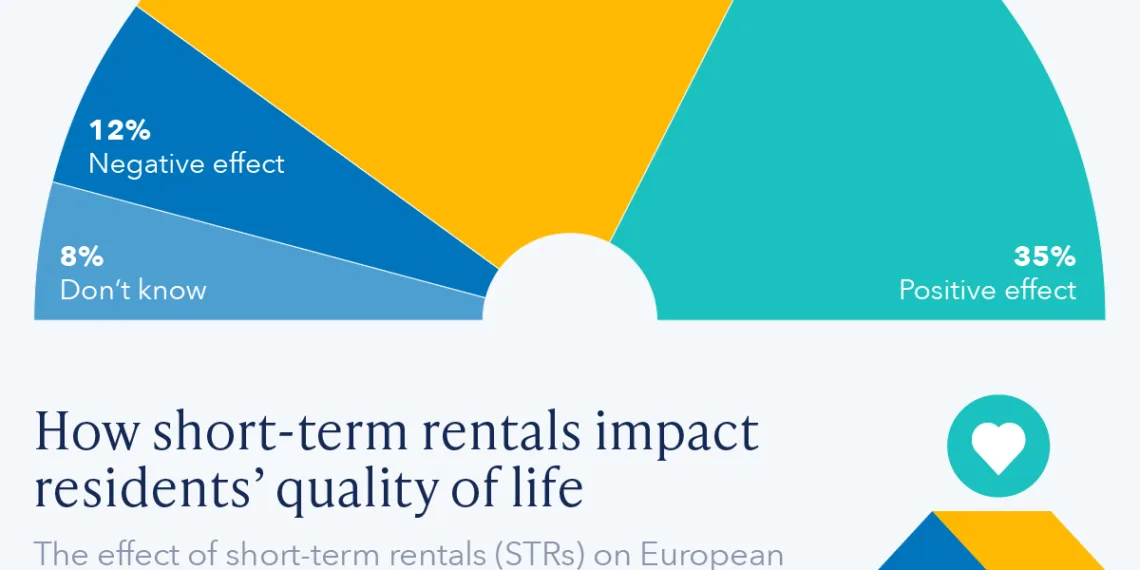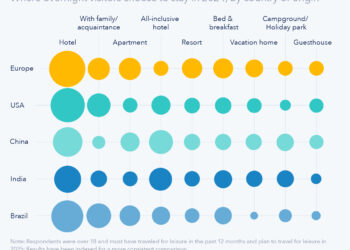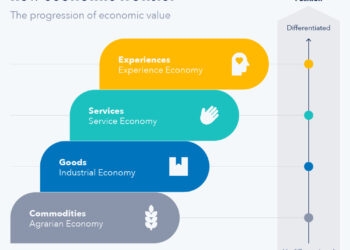Select Language:
Understanding the Impact of Short-Term Rentals on Quality of Life
Short-term rentals (STRs) have become increasingly popular in urban areas and vacation destinations, sparking discussions about their effects on local communities. A recent study by the European Commission sheds light on public perceptions regarding the influence of STRs on residents’ quality of life.
Positive Perceptions of Short-Term Rentals
According to the findings of the European Commission study, a significant portion of the population views short-term rentals favorably. Specifically, 35% of respondents indicated that STRs have a positive impact on their neighborhoods. This positive sentiment is often motivated by economic factors, highlighting the financial benefits associated with short-term rental properties.
Economic Benefits for Hosts
One of the primary reasons respondents cited for the positive effects of STRs is the additional income they provide to hosts. The study revealed that almost 60% of participants believe STRs serve as a valuable source of income for property owners. This financial influx can be particularly beneficial in urban areas where housing costs are escalating.
Making Travel More Affordable
In addition to benefiting hosts, short-term rentals also contribute to the affordability of travel for many individuals. Just over half of the respondents expressed that STRs lead to lower accommodation costs, enabling a broader audience to explore new destinations. This democratization of travel pricing allows more people to experience different cultures and environments.
Negative Perceptions of Short-Term Rentals
While the study indicates a predominance of positive feedback, it also highlights concerns among residents. Only 12% of respondents felt that STRs had a negative impact on their quality of life, suggesting that although the majority lean toward a favorable view, there is still a significant portion of the population with reservations.
Potential Issues Stemming from Short-Term Rentals
The negative sentiments associated with STRs typically revolve around disruptions in community dynamics. Residents may express concerns about:
- Noise Levels: Increased foot traffic and activity generated by transient guests can lead to noise disturbances, impacting the peaceful enjoyment of residential areas.
- Safety Concerns: The influx of strangers in neighborhoods may raise safety issues, prompting fears among long-term residents about crime and disorder.
- Community Cohesion: STRs can alter the atmosphere of close-knit communities, where relationships among neighbors are built on familiarity and trust.
The Balancing Act of STR Regulations
As cities grapple with the implications of short-term rentals, many are exploring regulatory measures to balance the benefits and drawbacks. Striking a balance is crucial to ensure that the financial advantages of STRs do not come at the expense of residents’ quality of life.
Considerations for Regulation
Potential regulations may include:
- Capping the Number of STRs: Limiting the quantity of short-term rentals in certain neighborhoods can help maintain a stable residential environment.
- Licensing and Compliance: Ensuring that all STR operators adhere to local laws and regulations can improve accountability and safety standards.
- Community Engagement: Involving residents in the decision-making process can foster better relationships and lead to more effective policies.
By addressing both the economic benefits and community concerns, municipalities can create a framework that supports sustainable tourism while preserving residents’ quality of life.
Conclusion
The conversation surrounding short-term rentals is complex and filled with diverse opinions. Understanding the dual nature of STRs—both their potential benefits and the concerns they raise—is essential for informed and constructive discussions about their role in our communities. As more data becomes available, stakeholders, including residents, policymakers, and property owners, will continue to navigate this evolving landscape.







